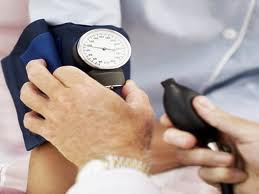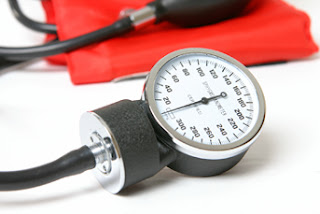Hypertension : Commonest Cardiovascular Disorder

Adimekwe, a Resident Cardiologist in the Department of Internal Medicine, University of Calabar Teaching Hospital (UCTH), disclosed this during an interview with the News Agency of Nigeria (NAN) in Lagos. According to him, there is an urgent need to promote public awareness of hypertension and to encourage the public to prevent and control this `silent-killer’. The World Hypertension Day (WHD) is commemorated on May 17, every year. The theme for the 2013 event is “Healthy Heart Beat – Healthy Blood Pressure’’. According to the cardiologist, hypertension is an increase in blood pressure to a level that can damage body organs. It is commonly known as High Blood Pressure. “Hypertension has to do with an increase in the level of blood pressure. It has to be high to such a level that it can damage body organs. “In medicine, that level has been defined to be greater than or equal to 140/90mmHg of blood pressure, as measured using a sphygmomanometer, on a person’s arm. Hyperten...

